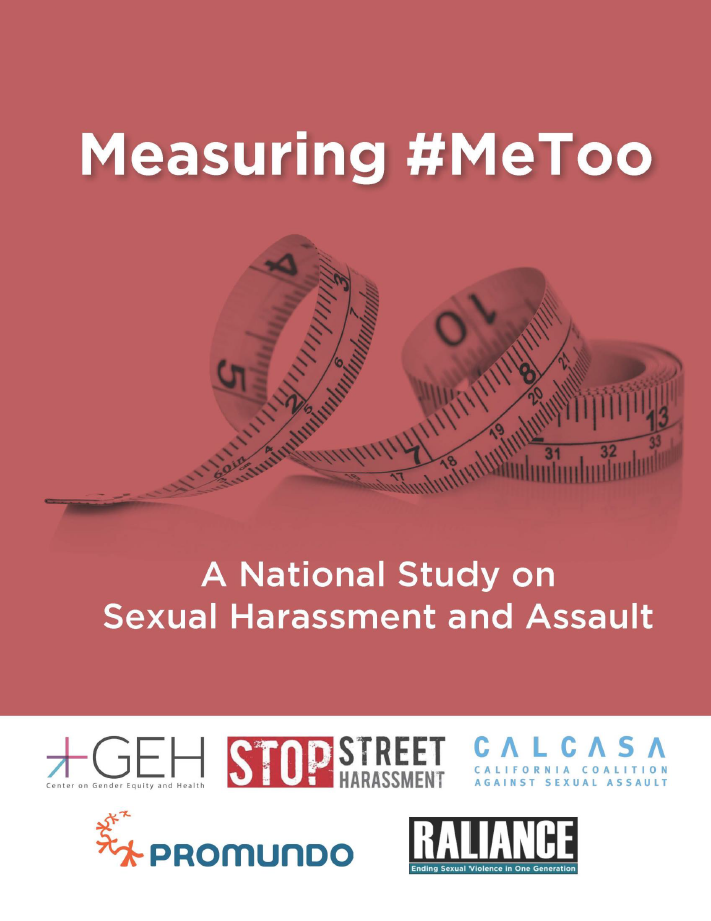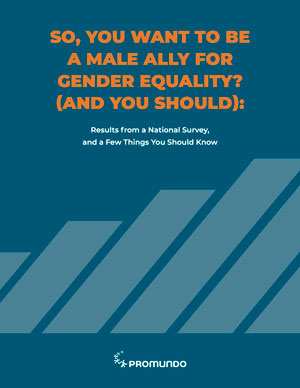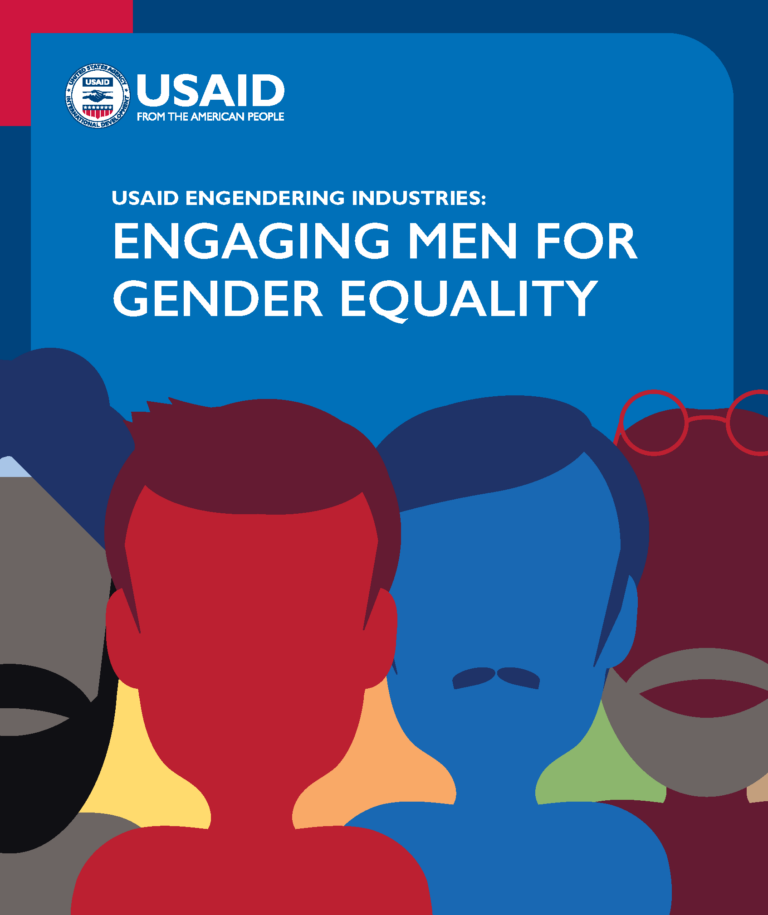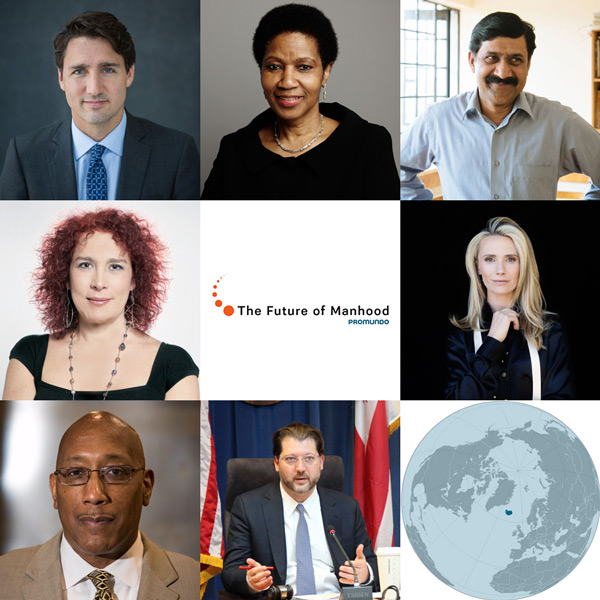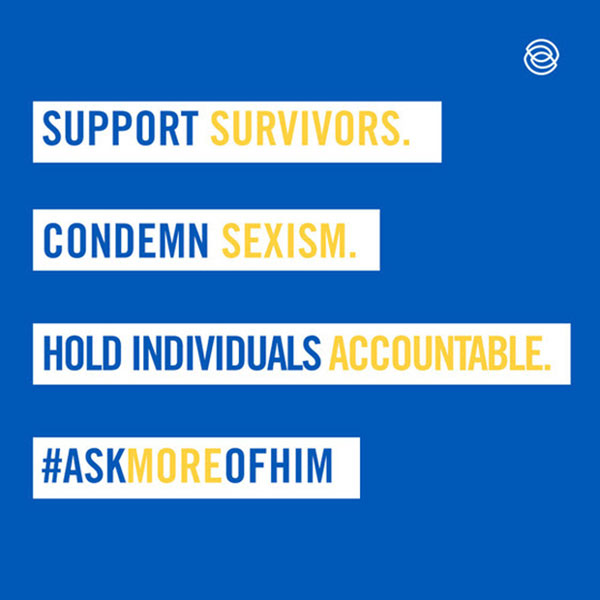Does greater awareness mean we are closer to making the world a more just place for women?
Something happened when #MeToo swept across the United States — and much of the world — in the past year. That’s not up for debate. What’s less clear is exactly what happened as a result, and whether we’re making positive progress toward ending sexual harassment and assault.
By last count more than 200 prominent men — leaders in media, the corporate world, and politics — have been publicly called out, fired, or accused of harassment, sexual assault, and sexist behavior. R. Kelly was indicted after years of women working to bring his abuse to light, and the weeks before that saw Virginia Lt. Governor Fairfax accused. The list goes on. And it will go on. And it should go on.
Twenty-eight percent of college-aged women have been targets of attempted or completed sexual assault according to one survey, and 22 percent of women report having been sexually harassed at work. We’re far from reaching gender equality — and far from ending sexual harassment and assault.

Whether or not men say they are paying attention, nearly half (48 percent) of men in the US report being more aware of discrimination women face in the workplace than they were a year ago. This is according to a new nationally representative survey of 1,201 women and men, ages 25–45 that we just carried out together with menswear brand Bonobos.
Most men say they are on board with making the world a more just place for women. And most men get that women face an unfair world. Our study found that women and men agree (79 percent of women and two-thirds of men) that women still face “major barriers” in their chosen professions, and about equal numbers agree that there should be more women in positions of political power.
Does greater awareness mean we are closer to making the world a better, safer, more just place for women? Do men now know what they can do to be more respectful and more supportive of full equality for women? The answer is both yes and no.
The good news is that on an individual level, men say they are doing more now than before to end discrimination and harassment: 58 percent of men report being more likely to speak out about sexual harassment than they were a year ago, and 34 percent of men report having spoken to a male friend or colleague about gender equality in the last six months.
The bad news is that men may be overestimating their efforts: 77 percent of men go so far as to say they’re doing “everything they can” to support gender equality at work. But women are not so sure that men are really doing all that. Only 41 percent of women agree that men are giving their all to support gender equality, and nearly 60 percent of women and men agree it’s rare to see men speak out against discrimination against women. One woman from New York told us, “I want men to call out other men, but it’s not realistic.”

We need to close the gap, and we’re going to need more than individual men stepping up. We need institutional change and policy change. However, even the men that say they support gender equality might not support these kinds of “big picture” solutions, particularly when these solutions affect them directly.
A third of men (35 percent) think we’re giving too much attention to supporting women’s empowerment in their workplace; and 85 percent of men may have a blind spot, reporting that their workplace is already treating women and men equally in terms of pay, recruitment, and promotion.
But we know that the playing field is just not equal. Let’s check out a few statistics.
Workplace discrimination: 42 percent of women report experiencing some sort of workplace gender discrimination, versus 22 percent of men.
Gender pay gap: 25 percent of women report earning less for doing their job than someone of the other gender, compared with 5 percent of men. Studies show women’s median, full-time annual earnings are 80 percent of men’s. Broken down by race, black women are earning 61 percent and Latina/Hispanic women only 53 percent of white men’s earnings.
Leadership gap: Across 82 companies, fewer than 5 percent of CEOs are women. Women make up only 25 percent of the seats in the US Senate and only 23 percent of the seats in the US House of Representatives.
Promotions gap: Across 82 large companies, entry-level women are 18 percent less likely to be promoted than their male peers.
This list of inequalities could go on for pages. Men and women in the US agree that, overall, women face more barriers to advancing at work, or getting their “dream job,” than men do. But when we ask them what should be done about it, they don’t necessarily want policies to rectify the situation — nor do they want systemic solutions.
In a world where women face structural inequalities, more men advocating for equal treatment or calling out other men for harmful behavior is urgent and necessary, but it’s far from sufficient. Similarly, a few women leaning into the C-suite can make some positive change, but won’t bring equality across all levels of an organization, nor will a few men mentoring them bridge those gaps.
Men’s income is higher and our footprint in the world is larger because of historical power and privilege. Not all men feel powerful, but on average, men are in charge, men earn more, and it is safer for men to be out in the world. We have to realize that without systemic change we won’t get systemic results.
For that, we need men stepping up in partnership with women to advocate for policy and legislative change, and to model fairness and equality in the workplace and at home. We need equal and paid parental leave for all caregivers, and more. Subsidized child care. Quotas. Equal pay legislation. Improvement and enforcement of sexual harassment and assault laws and policies. Comprehensive school-based sexuality education that includes discussions of gender, power, and consent. We need men to walk into the bar, into the workplace, and into their homes as their best, equitable, and respectful selves. And we need to vote and implement the policies that will make that change real.

